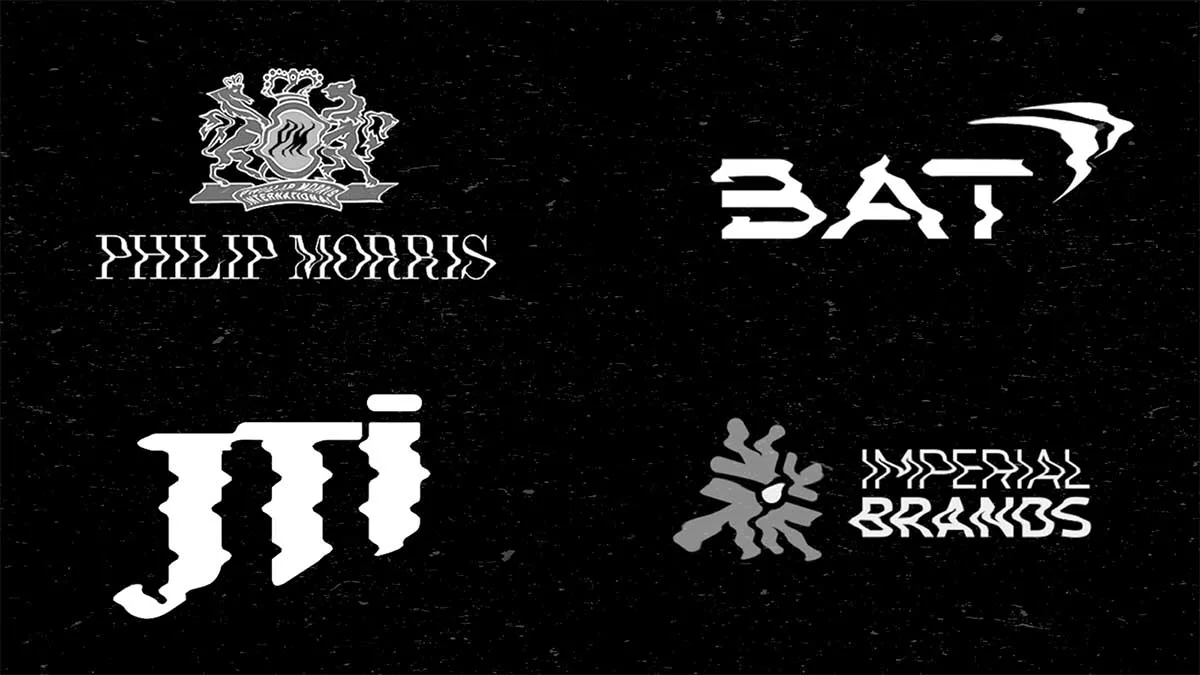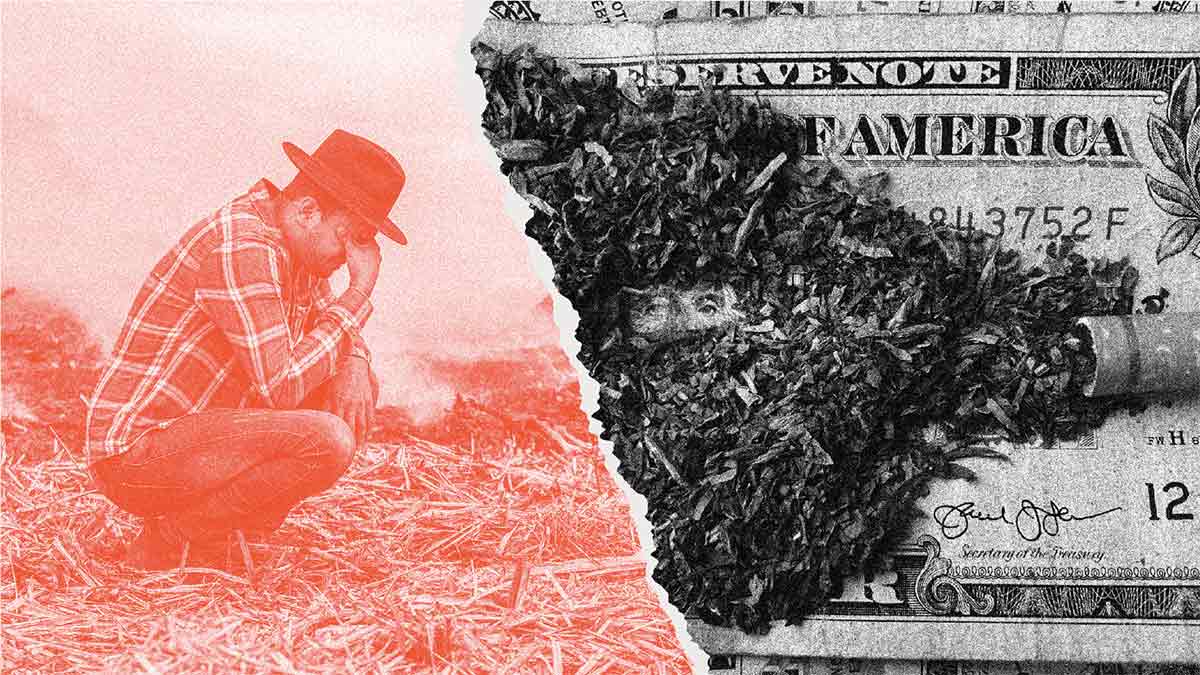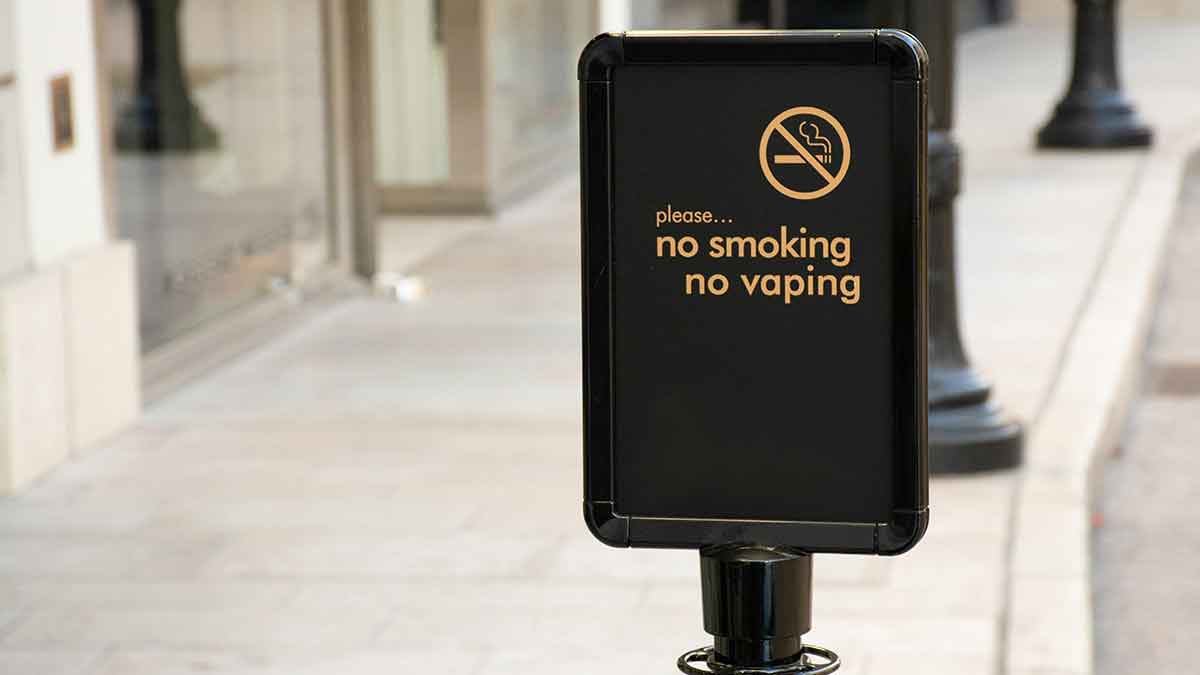- Resources
- News
-
-
Get Email Updates
Sign up for STOP's emails and never miss an update on our latest work and the tobacco industry's activity.
-
Get Funding
Ready to tackle industry interference? You could be eligible for a grant.
-
Share a Tip
Do you have information on tobacco industry misconduct in your country? Let us know.
-
Get Email Updates
Other
April 28, 2020

Controversial Studies Present Weak Evidence That Is at Odds with More Established Science
(New York, April 28, 2020) – Researchers at the University of Bath, a partner in STOP, released a review of two controversial studies, published in France, which have alarmed the public health community because they assert that smoking or nicotine products could reduce risk of COVID-19. Widespread coverage of the studies has prompted reports of people starting to smoke, panic buying nicotine products and potentially misusing nicotine.
While the evidence base is changing rapidly, the review notes that the findings of these studies are inconsistent with the broader emerging literature on the links between smoking and COVID-19 and more widely accepted research on how infection occurs. Importantly, it also shows that Jean-Pierre Changeux, the lead author of the second paper, has long-standing links with the tobacco industry.
Flawed Methods, Questionable Analyses and Tobacco Industry Links
The first study, “Low Incidence of Daily Active Tobacco Smoking in Patients with Symptomatic COVID-19” has several key issues:
- It is likely to under-estimate links between smoking and COVID-19:
- A considerable portion of the cases analyzed include health care workers who tend to have low smoking rates;
- the most severe cases were excluded despite evidence linking smoking with poor outcomes;
- It is based in a hospital where a significant proportion of the cases were health care workers. As health care workers are more likely to become infected at work, the results can say little about the link between smoking and the risk of acquiring infection in the community.
- Although the proportion of patients who smoke was lower than expected, the proportion of ex-smokers was higher. The authors also fail to address the fact that many former smokers use nicotine. Without assessing this, it is impossible to conclude whether nicotine has a protective effect.
The second study, “A Nicotinic Hypothesis for COVID-19 with Preventive and Therapeutic Implications” builds upon the flawed first study to propose a new hypothesis on how infection occurs and propose treatment with nicotine.
Both studies are inconsistent with the emerging literature on the links between smoking and COVID-19 and more widely accepted hypotheses on how coronavirus infection occurs.
Though authors declare no financial conflict of interest, we also note the lead author’s long-standing historical links to the tobacco industry. Between 1995 and 1998 Jean-Pierre Changeux received grants totalling 220,000 USD from the Council for Tobacco Research.[1] In the late 1990s he became a collaborator and advisor for Targacept, a pharmaceutical subsidiary of RJ Reynolds,[2] and in 2006/2007 he supervised and published studies funded by Philip Morris International.[3]
“The results of a small study with significant flaws are being blown out of proportion and people’s lives are potentially being put at risk as a result,” said Professor Anna Gilmore, Director of the Tobacco Control Research Group at the University of Bath and Partner in STOP.
Do Not Panic-Buy Nicotine Products
The studies have prompted a wide range of potentially misleading media reports with headlines such as “Smokers four times less likely to contract COVID-19”, “Smoking may lower coronavirus risk”, “Does nicotine help against the new coronavirus?”, suggesting that smoking, and by implication nicotine, might reduce the risk of COVID-19.
They have led to some potentially dangerous misinterpretations. In France, the government issued a statement warning of misinterpretation, followed by an order limiting the sale of nicotine products to prevent panic-buying and misuse. According to the Iranian Anti-Tobacco Association, the stories went viral in Iran, a country with high death tolls from COVID-19. The organization reports that people are taking up smoking for the first time to protect themselves from COVID-19 and the tobacco industry, including producers and retailers, are increasing prices on cigarettes and other nicotine products amid panic-buying.
“The evidence to-date indicates that smokers have greater likelihood of severe illness and worse outcomes from coronavirus,” said Tom Hird, Research Fellow at the University of Bath and a partner in STOP. “There are, therefore, even more compelling reasons than usual for smokers to quit.”
[1] The Council for Tobacco Research was formerly known as the Tobacco Industry Research Committee, which was established in 1953 by the major tobacco companies to help produce research that would help them obscure the links between smoking and serious illness. See https://www.tobaccotactics.org/index.php/Tobacco_Industry_Research_Committee
Changeux’s involvement with the Council has been amply discussed in an investigation by Le Monde, available here: https://www.lemonde.fr/sciences/article/2012/05/31/guerre-du-tabac-la-bataille-de-la-nicotine_1710837_1650684.html
Changeux’s letter in which he approaches the Council for funding is available here: https://www.industrydocuments.ucsf.edu/tobacco/docs/#id=xzkw0085
[2] For internal documents by Targacept identifying Changeux as a key advisor see https://www.industrydocuments.ucsf.edu/tobacco/docs/#id=mhkx0190 and https://www.industrydocuments.ucsf.edu/tobacco/docs/#id=jtfy0221
[3] Changeux’s ties with Philip Morris International have been discussed in Eker F, Béguinot E, Martinet Y, Ingérence de l’industrie du tabac dans les politiques de santé publiques. Comité National Contre Le Tabagisme, Paris, 2014, pp. 89, 280. Philip Morris-funded studies co-authored by Changeux include https://www.pnas.org/content/104/51/20570 and https://www.pnas.org/content/103/45/16965
About STOP (Stopping Tobacco Organizations and Products)
STOP is a global tobacco industry watchdog whose mission is to expose the tobacco industry strategies and tactics that undermine public health. STOP is funded by Bloomberg Philanthropies and comprised of a partnership between The Tobacco Control Research Group at the University of Bath, The Global Center for Good Governance in Tobacco Control (GGTC), the International Union Against Tuberculosis and Lung Disease (The Union) and Vital Strategies. For more information, visit exposetobacco.org.


